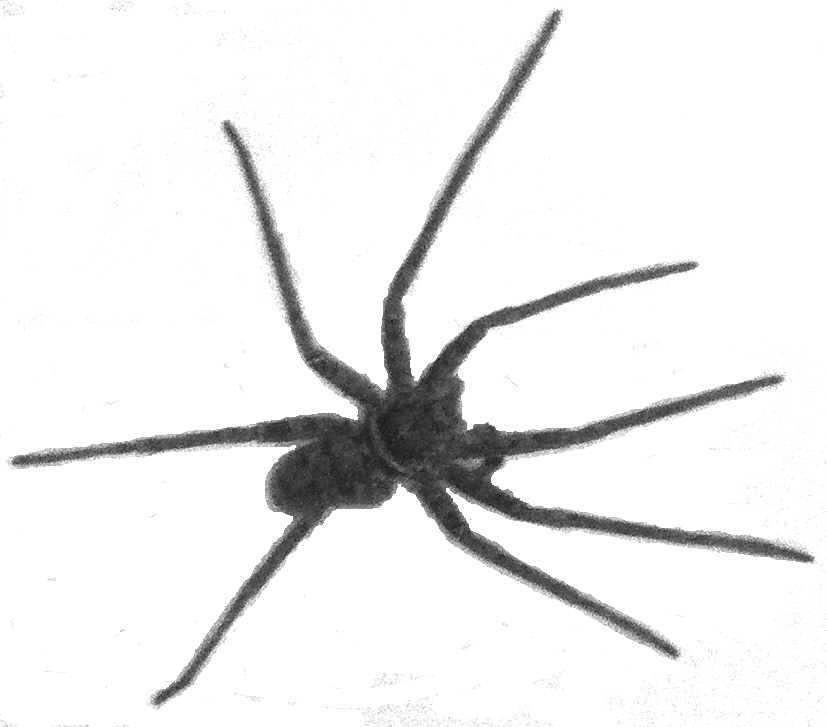Lower Honey Creek
Basic information
Sample name: Lower Honey Creek
Sample aka: Area B
Reference: T. H. Kunz. 1973. Resource utilization: temporal and spatial components of bat activity in central Iowa. Journal of Mammalogy 54(1):14-32 [ER 111]
Geography
Country: United States
State: Iowa
Coordinate: 42° 1' N, 93° 54' W
Coordinate basis: based on nearby landmark
Geography comments: coordinate based on Honey Creek Golf & Country Club
Environment
Habitat: temperate broadleaf/mixed forest
Altered habitat: secondary forest
Substrate: ground surface
WMT: 23.9
CMT: -2.6
MAP: 1220.0
Habitat comments: well-drained upland with a nearby river floodplain
"Central Iowa is characterizedby cold winters and moderately warm summers-the warmest temperatures on record are for July and August. The latest freezing temperatures in spring usually occur in April, and the earliest freezing temperaturesin autumn occur in October" (p. 17)
MAP stated in text; CMT and WMT based on climate station 72546 (Des Moines International Airport)
"Central Iowa is characterizedby cold winters and moderately warm summers-the warmest temperatures on record are for July and August. The latest freezing temperatures in spring usually occur in April, and the earliest freezing temperaturesin autumn occur in October" (p. 17)
MAP stated in text; CMT and WMT based on climate station 72546 (Des Moines International Airport)
Methods
Life forms: bats
Sampling methods: no design,mist nets
Sample size: 673 captures or sightings
Years: 1967
Sampling comments: "Data are based mostly on a total of 83 net-nights" (P. 17)
Metadata
Sample number: 265
Contributor: John Alroy
Enterer: Albert Garcia Selles
Created: 2013-04-08 10:28:09
Modified: 2015-02-23 02:12:45
Abundance distribution
8 species
0 singletons
total count 673
geometric series index: 8.4
Fisher's α: 1.276
geometric series k: 0.6142
Hurlbert's PIE: 0.7537
Shannon's H: 1.6194
Good's u: 1.0000
Each square represents a species. Square sizes are proportional to counts.
• Find matching samples
Register
| Myotis lucifugus | 82 | 7.4 g insectivore |
| Myotis keenii | 118 | 4.7 g insectivore |
| Lasionycteris noctivagans | 64 | 10.0 g insectivore |
| Perimyotis subflavus | 9 | 5.6 g insectivore |
| "Pipistrellus subflavus" | ||
| Eptesicus fuscus | 109 | 17.2 g insectivore |
| Lasiurus borealis | 273 | 11.5 g insectivore |
| Lasiurus cinereus | 9 | 20.7 g insectivore |
| Nycticeius humeralis | 9 | 9.9 g insectivore |


